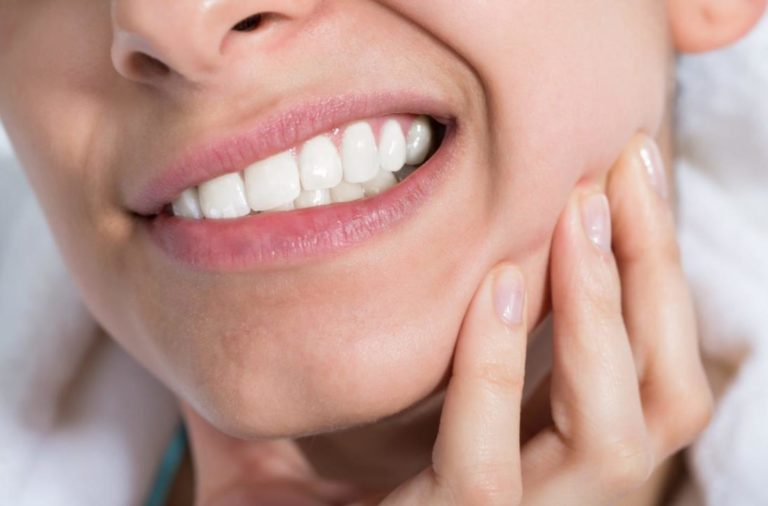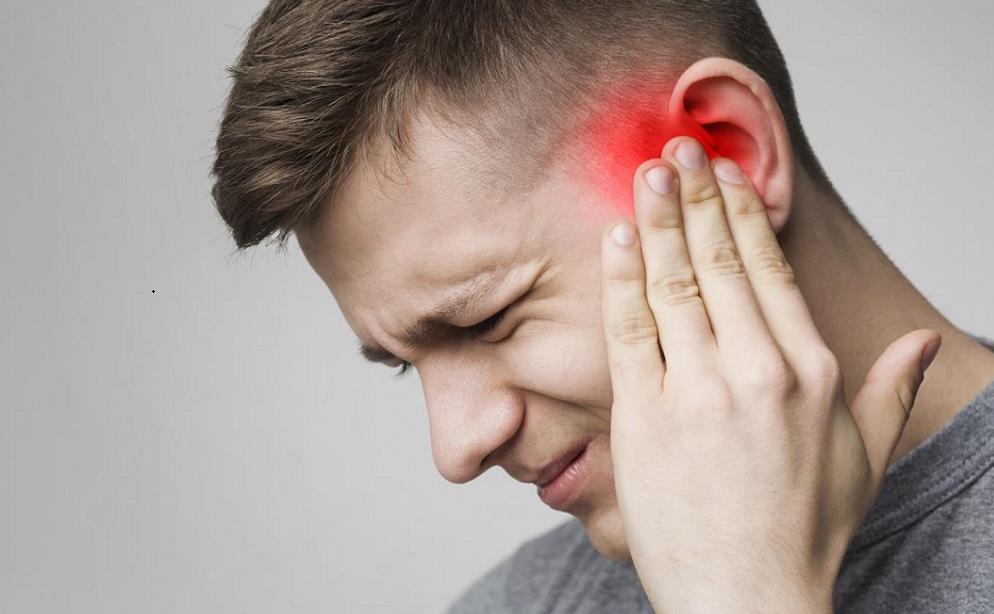Most people think their ear pain is caused by an infection. While this may be true, it’s not always the case. Ear pain can be caused by a variety of reasons such as earwax buildup, foreign objects trapped in the ear like cotton swabs, water or shampoo, impacted or infected tooth, or even osteoarthritis in the jaw. The most common reason, however, is a pain disorder called temporomandibular joint (TMJ) pain, which happens as a result of teeth grinding.
Understanding TMJ
TMJ is the joint that acts like a hinge and sits just below the ears, close to the middle ear and ear canal. The muscles, fascia, and ligaments that surround this joint are connected to the nerves that support the ear and the ear itself.
3 Types of TMJ Disorder
When talking about TMJ disorder, it can be manifested in different ways. The type of manifestation can be either of the following:
- Myofascial pain
- Derangement of joint
- Degenerative disease
Myofascial pain refers to the aching pain around the muscle of the jaw joint. It is by far the most common type of TMJ disorder.
Derangement of joint pain refers to the dislocation of the jaw, which often occurs from injury.
Degenerative diseases, as its name suggests, is any form of arthritis on the jaw, such as osteoarthritis, psoriatic or rheumatoid arthritis.

TMJ and Ear Pain
Pain in one or both ears may come and go and usually does not affect hearing. The pain, however, is worse in the morning and at night, and may be accompanied by clogged or stuffy sensation. Yawning or chewing can also aggravate the pain.
Most people with TMJ pain disorder have predisposed factors, such as uneven teeth and unfit molar teeth (mild malocclusion). Both can cause uneven application of force in one or both of the joints. The most common cause of TMJ pain is called bruxism, or better known as teeth clenching or grinding of teeth.
TMJ disorder causes inflammation and pain in the joint, as well as facial and ear discomfort. People who clench their teeth a lot when thinking hard about something or concentrating during the day often experience ear pain. Those who grind their teeth, on the other hand, do it while asleep. There are also cases that teeth clenching can happen during day time but bruxism during sleep is far more common. Doctors often associate these involuntary behaviors to stress or stress-related conditions.
Oftentimes, the pain can radiate all the way to the lower jaw and across the cheeks, or extend all the way up to the temporal muscles and the neck area. This is especially true for people who clench or grind their jaw while asleep.
Dental procedures such as tooth and gum cleaning or root canal can also cause ear pain. This is because these procedures cause stress temporomandibular joints from holding the mouth for an extended period of time, as muscles and ligaments around the area may be strained. Subsequently, many people who experience TMJ pain also suffer ringing in the ear (tinnitus). However, experts are yet to fully understand why tinnitus is more active during TMJ stress.

Treatment for Ear Pain Caused by Clenching or Grinding Teeth
Fortunately, ear pain caused by TMJ disorder due to bruxism is treatable.
Doctors usually recommend patients to have a soft diet to manage ear pain. As a result, patients should exclude meat, hard crust bread, raw fruits and vegetables, and other similar types of food that can strain the jaw joint.
Soft foods like cooked (and mashed) fruits and vegetables, scrambled eggs, noodles, porridges, and soups are advised. Similarly, chewing gum or other recreational chewing must be avoided as well.
Warm packs or warm compress can also help alleviate the inflammation around the jaw joint. Doing this a couple of times a day can help relax the muscles around the area and promote better blood circulation.
Over-the-counter muscle relaxant medications and prescription-strength anti-inflammatory drugs like ibuprofen can significantly reduce pain and inflammation around the area. These medications work by reducing spasms and tenderness around the area.
For chronic bruxism, dentists often recommend the use of a nocturnal bite plate, or better known as mouth guards or dental guards, especially during sleep. These tools work by putting a barrier between the upper and lower set of teeth. This helps to absorb the tension and provides cushion for the jaw and the muscle joint when you clench or grind your teeth as you sleep.
There is no reason to suffer or endure the ear pain associated with teeth grinding as there are multiple ways to manage and treat it. For severe cases, your dentist can also recommend restorative solutions to fix bruxism. If you experience ear pain, do not assume it’s an ear infection, as it may just be a TMJ disorder.

























